Hey there! Have you ever been in a crowded room, straining to hear what your friend is saying, but it’s like the words just won’t come together? Now, imagine that happening all the time—not because you can’t hear, but because your brain is scrambling the sounds. That’s what life can feel like for someone with Auditory Processing Disorder (APD). If you or someone you love deals with this, don’t worry—I’m here to walk you through some amazing accommodations that can make a huge difference. Picture this as a cozy chat over coffee where I spill all the details, share some stories, and give you practical tips you can actually use. Ready? Let’s dive in!
What’s Auditory Processing Disorder All About?

So, let’s start with the basics. APD isn’t about not hearing—it’s about how the brain makes sense of what you hear. Imagine your brain as a DJ trying to remix a song, but the tracks keep getting jumbled. The sound comes in fine, but the processing part? That’s where things get tricky. People with APD might hear everything clearly, yet struggle to understand spoken words, especially when there’s noise around. It’s like trying to listen to a podcast while someone’s vacuuming right next to you—frustrating, right?
Unpacking APD: What It Really Means
Auditory Processing Disorder is a condition where the brain has a tough time interpreting sounds, particularly speech. It’s not a hearing problem—your ears are doing their job—but a processing glitch in the brain. Think of it as a Wi-Fi signal that keeps dropping: the data’s there, but it’s not connecting smoothly. APD can show up in kids and adults, and it’s more common than you might think, affecting about 3–5% of school-aged kids, according to some pretty reliable folks at Nemours KidsHealth.
Spotting the Signs of APD
Okay, so how do you know if APD might be in the picture? Here are some clues I’ve picked up along the way:
- Trouble understanding conversations when there’s background noise—like at a party or in a bustling café.
- Asking “What?” a lot, even when it’s quiet, because the words just don’t click.
- Mixing up similar sounds, like “cat” and “cap”—it’s subtle but can throw you off.
- Struggling with multi-step directions, like “Grab your coat, then lock the door”—it’s like the brain hits a speed bump.
- Challenges with reading or spelling, especially if it’s all coming through spoken lessons.
➤ Interested in learning more about ear-related issues? Check out Ear Ache & Sore Throat: Causes, Relief & When to Worry.
Sound familiar? I’ve seen this with a friend’s kid—super bright, but he’d zone out in noisy classrooms. It’s not laziness; it’s APD making things harder than they need to be.
How Do You Even Diagnose This?
Here’s the thing—diagnosing APD isn’t like a quick ear check at the doctor. You need an audiologist who’s trained to dig deeper. They run tests that throw all kinds of sound challenges your way—like listening to speech with noise in the background or picking out rapid sound changes. It’s kind of like a brain workout, but for hearing. If you’re curious about this, chatting with a pro is the way to go. Trust me, getting answers can feel like a weight off your shoulders!
Why Accommodations Are a Game-Changer

Now, let’s talk about why accommodations for auditory processing disorder matter so much. Imagine trying to run a race with a twisted ankle—no fun, right? Without some help, people with APD can feel stuck, whether they’re learning, working, or just trying to chat with friends. But here’s the good news: the right accommodations are like a trusty pair of crutches, helping you get where you need to go.
These tweaks can boost focus, make communication smoother, and honestly, just make life more enjoyable. A kid might ace a test with a little extra time, or an adult could nail a work project with clear, written instructions. It’s all about leveling the playing field. And since APD is so unique to each person, finding the perfect fit is key. Isn’t it amazing how small changes can have such a big impact?
The Best Types of Accommodations for APD

Alright, let’s get into the good stuff—what can you actually do to help? I’ve broken it down into four big categories, and I promise, they’re easier to try than you might think. Let’s explore!
Environmental Modifications: Setting the Scene
First up, let’s talk about tweaking the space around you. For someone with APD, the environment can make or break their ability to process sound.
Turning Down the Noise
Background noise is the archenemy of APD. It’s like trying to hear a whisper during a rock concert—nearly impossible! Simple fixes, like popping on noise-canceling headphones or finding a quiet corner, can work wonders. I remember my cousin’s son using these in class—sitting away from the humming vent made him feel like he could finally tune in.
Making Acoustics Your Friend
Ever notice how some rooms sound echoey? That’s tough for APD brains. Adding soft stuff—like rugs, curtains, or even wall panels—can soak up extra sound and make voices clearer. According to the American Speech-Language-Hearing Association, these little changes can seriously improve how well someone with APD catches what’s being said. Pretty cool, huh?
Communication Strategies: Talking It Out
As noted by the Child Mind Institute, sometimes, it’s less about the space and more about how we share info. These tricks can make conversations way easier.
Slow and Steady Wins the Race
Speaking clearly and pacing yourself is huge. No rushing—just give those words room to breathe. Facing someone directly helps, too—they can watch your lips and expressions for extra clues. I’ve tried this with a coworker who has APD, and she said it felt like I was handing her the words on a silver platter!
Bring in the Visuals
Pairing words with visuals is like adding subtitles to a movie. Think handwritten notes, diagrams, or even a quick gesture. A teacher might jot down a lesson plan on the board, and suddenly, a student with APD isn’t just floating in a sea of sound—they’ve got an anchor.
Say It Again, Sam
Repeating or rephrasing stuff doesn’t hurt anyone’s feelings—it’s a lifeline! If “Take out the trash” doesn’t stick, try “Can you empty the bin?” It’s like giving the brain a second shot at cracking the code.
Assistive Tech: Gadgets to the Rescue
Tech can feel like a superhero swooping in for people with APD. Here’s what’s out there:
FM Systems: Your Personal Sound Boost
These are awesome—think of them as a mini microphone and speaker setup. The teacher or whoever’s talking wears a mic, and the sound goes straight to a receiver you wear. It cuts through noise like a hot knife through butter. Kids use these in school all the time, but they’re great for meetings, too.
Captions and Transcripts: Words You Can See
Captioning is a total win—whether it’s for a Zoom call or your favorite show. Seeing the words fills in gaps that the ears might miss. Transcription services can do the same for live stuff, like lectures. It’s like having a backup plan for your brain!
Record It and Replay
Grabbing an audio recorder—or just using your phone—lets you revisit what was said. Miss something in class? Play it back later at your own pace. I’ve got a friend who swears by this for work meetings. It’s simple but brilliant.
Organizational Aids: Keeping It Together
APD can make juggling tasks feel like herding cats. These aids help keep chaos at bay.
Schedules and Reminders
A written list or a phone alert can be a lifesaver. For a student, it’s knowing when homework’s due; for an adult, it’s not forgetting that 2 p.m. call. It’s like having a personal assistant in your pocket.
Break It Down
Big tasks can overwhelm anyone, but especially with APD. Splitting “Clean the kitchen” into “Wash dishes, then wipe counters” makes it doable. I’ve seen this work wonders for a kid I know—he went from frazzled to focused.
Where These Accommodations Shine

Now that we’ve got the tools, where do they fit? Let’s check out three big areas: school, work, and home.
School: Helping Kids Thrive
School’s tough enough without APD throwing curveballs. Here’s how to make it smoother:
- Front-Row Seats: Sitting near the teacher, away from the chatter or clunky heater, keeps the focus on the lesson.
- Extra Time: Tests can be brutal when processing lags—more time evens things out.
- Quiet Zones: A calm spot for studying or testing cuts distractions down to size.
- Visual Boost: Handouts or slides alongside talk keep kids in the loop.
A study from Understood.org mentions how these tweaks can turn school from a struggle into a success story. Isn’t that what every kid deserves?
Work: Nailing It on the Job
APD doesn’t clock out when you grow up—it can tag along to work. But don’t sweat it; there are fixes:
- Quiet Desk Vibes: A low-noise spot or headphones can make all the difference.
- Write It Down: Emails or notes beat verbal orders any day.
- Tech Support: FM systems or captions in meetings keep you sharp.
- Flex Talk: Chat how you like—email, text, whatever works.
Oh, and heads-up: the Americans with Disabilities Act says employers have to offer reasonable accommodations. Pretty neat, right?
Home: Making It Work for the Family
Home should be a safe haven, and with APD, a few tweaks can make it just that:
- Noise Off: Ditch the TV hum during talks—it’s a game-changer.
- Show, Don’t Just Tell: Pointing or writing stuff out adds clarity.
- Chill Out: Give them a sec to process—no rush, no stress.
- Peaceful Nook: A quiet spot for homework or downtime is golden.
I’ll never forget when we figured this out for my nephew. Turning off the radio during dinner chats? He started joining in more, and it warmed my heart.
Wrapping It Up With a Bow
So, there you have it—accommodations for auditory processing disorder aren’t just helpful; they’re life-changing. Whether it’s tweaking the room, switching up how you talk, leaning on tech, or keeping things organized, there’s something for everyone. And since APD is so personal, it’s all about finding what clicks for you or your loved one.
Feeling inspired? I hope so! If you’re navigating this, don’t hesitate to connect with an audiologist or someone who gets it—they’re like guides on this journey. And hey, you’re not alone in this—there’s a whole crew out there cheering you on.
What’s your take? Tried any of these tricks? Got a story to share? Drop it in the comments—I’d love to hear how you’re making it work!
Here’s to making life a little clearer, one step at a time. You’ve got this!

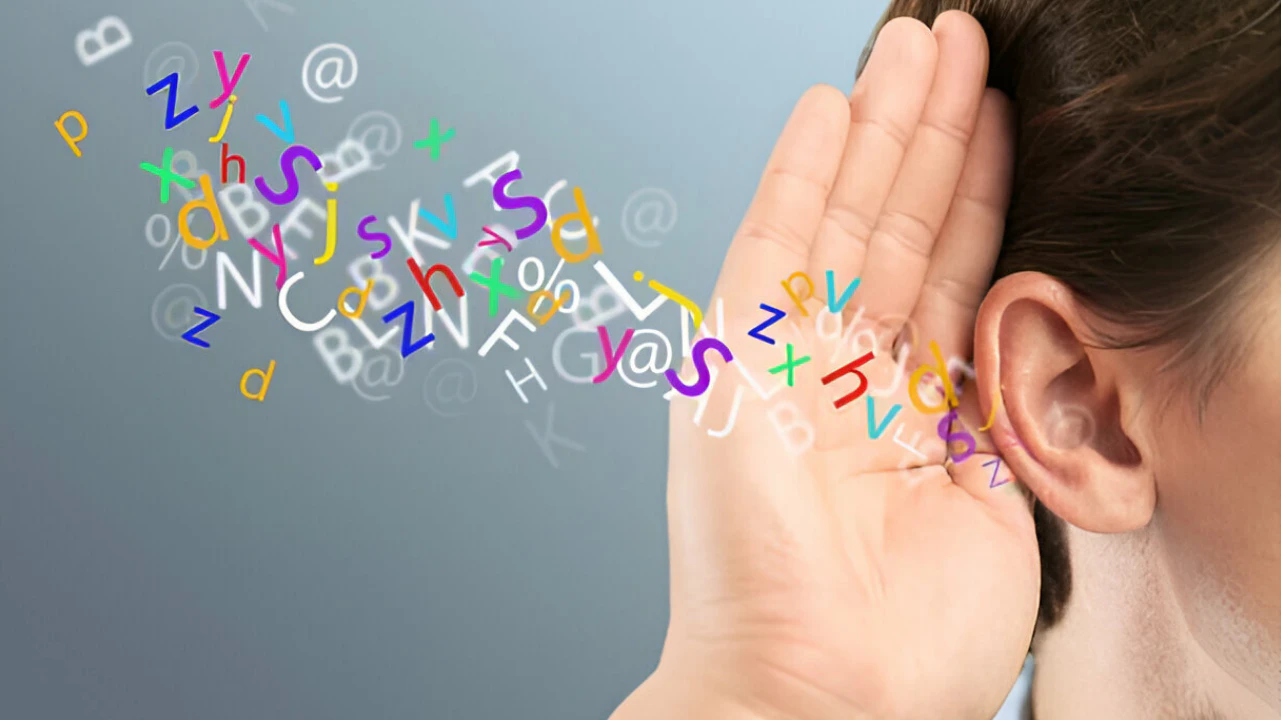
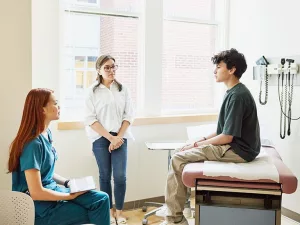


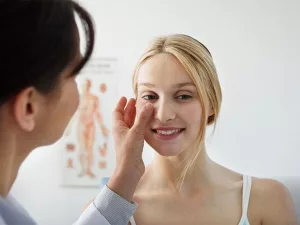
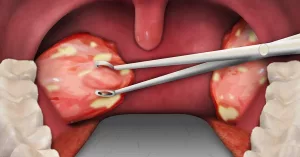



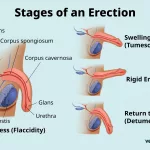


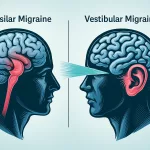











Leave a Reply
You must be logged in to post a comment.